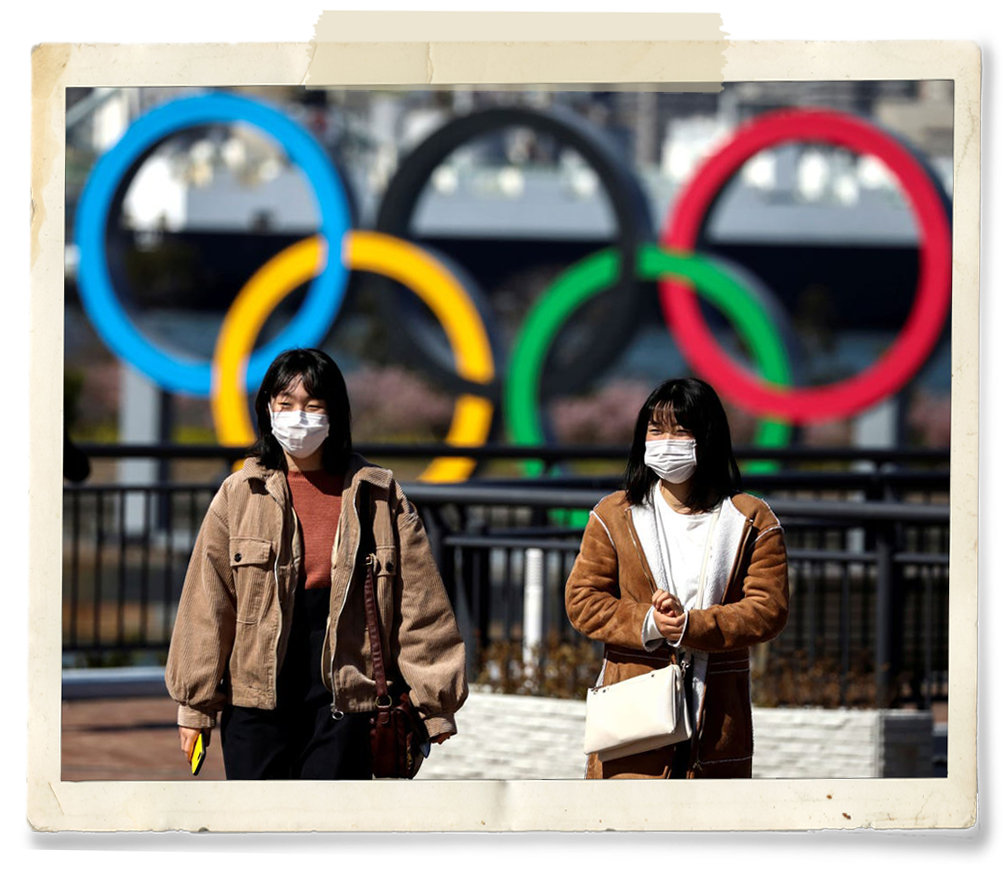An unwanted record for Tokyo Olympics
The Olympic Games are the peak of sporting excellence. So a postponement to the Tokyo Games was unthinkable even during a pandemic. But the virus won.

Reuters
Two Japanese women wait in front of the Giant Olympic rings at the waterfront area at Odaiba Marine Park in Tokyo, Japan, on February 27, 2020.
The Olympic Games. A quadrennial event. There’s something sacrosanct about it. Olympics are the pinnacle of sporting excellence. At least, it used to be. It still is, to some. So a postponement even during a pandemic was unthinkable. The virus won.
Spectators were absent when the Olympic flame was lit in a traditional ceremony in Olympia, Greece, on March 12 to mark the start of the 2020 Summer Olympics torch relay. But Japan’s hand was forced when several countries announced their intention to withdraw from the Games unless they are postponed.
On March 24, the International Olympic Committee (IOC) and the Tokyo Organising Committee announced that the Olympics and Paralympics were “rescheduled to a date beyond 2020 but not later than summer 2021”, marking the first time in the history of the modern Olympics that the Games has been postponed.
The preparations of around 11,000 athletes have been disrupted. The loss from the cost of the new Olympic Stadium is estimated to be $277 million, while the potential loss from advertising has been pegged at $1.25 billion.
The Tokyo Olympics will now open on July 23, 2021. The Paralympic Games will follow on August 24.
Citius, Altius, Fortius. Faster, Higher, Stronger. That’ll have to wait till we win the race against the coronavirus.